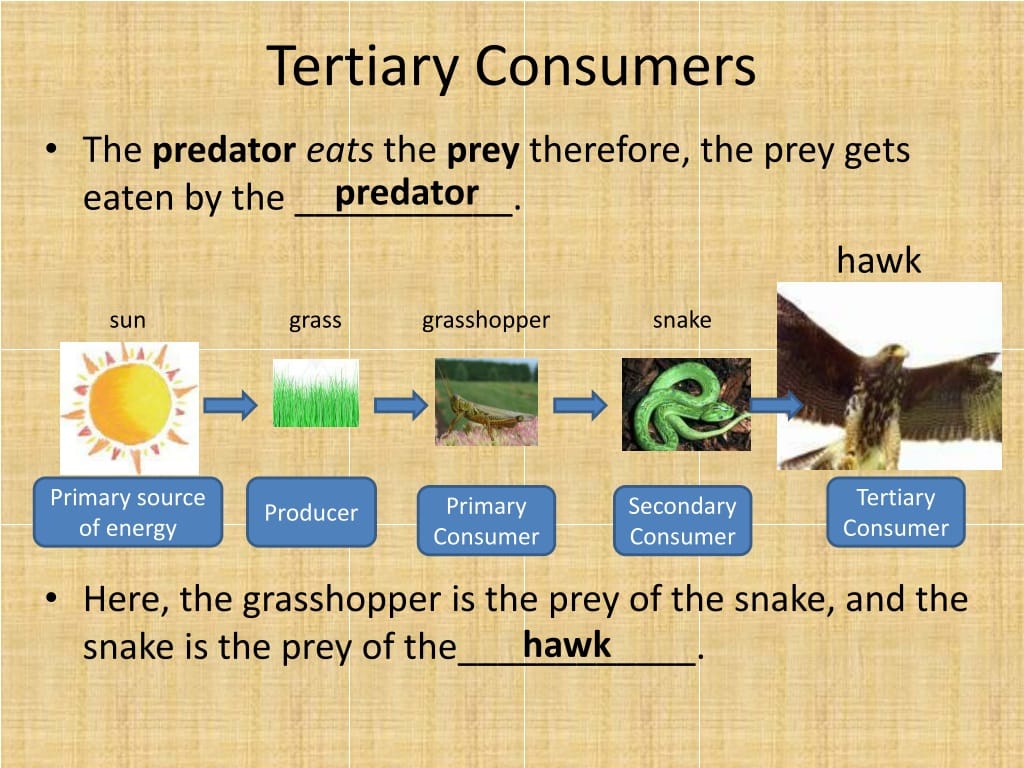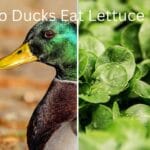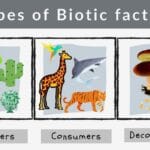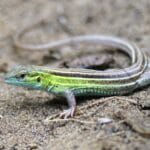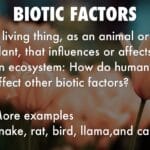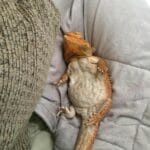Geckos, those fascinating little lizards often spotted scaling walls and lurking near porch lights, occupy a crucial place within the intricate web of life. Have you ever wondered, “What do geckos eat?” and how their diet influences their role in the ecosystem? Understanding the concepts of food chains and trophic levels can help us unravel the ecological significance of these intriguing reptiles.
Unraveling the Food Chain: Where Do Geckos Fit In?
In the grand banquet of nature, every living creature plays a part. We can classify these roles based on feeding relationships, forming what we call a food chain. It’s like a hierarchy of eaters, a bit like a pyramid:
- Producers (Plants): These are the foundation, the chefs of the ecosystem, whipping up their own food from sunlight through photosynthesis.
- Primary Consumers (Herbivores): Meet the plant-eaters! Think rabbits nibbling on clover or deer munching on leaves. They take the first bite from the plant world.
- Secondary Consumers (Carnivores): Here’s where things get a bit more intense. These guys prefer their meals with a side of legs. They feast on the herbivores. Imagine a fox snatching a rabbit or a snake enjoying a frog leg dinner.
- Tertiary Consumers (Top Predators): At the peak of our pyramid, we have the apex predators, the rulers of their domain. These carnivores have no natural enemies (except maybe other members of their species) and dine on secondary consumers. Think majestic eagles, powerful lions, and sleek sharks.
Now, where do our gecko friends fit into this grand scheme? Let’s investigate!
Gecko Diet Deconstructed: A Look at Trophic Levels
Most gecko species are insectivores, meaning their diet consists primarily of insects. This makes them secondary consumers. They’re like miniature insect assassins, stalking crickets, moths, and other creepy crawlies. However, the gecko world is diverse, and some species exhibit more flexible eating habits.
- Size Matters: Larger gecko species, such as the impressive New Caledonian Giant Gecko, might expand their palate to include small vertebrates. They’ve been known to consume lizards, rodents, and even birds, pushing them closer to tertiary consumer status in some cases.
- Environmental Influence: The availability of prey significantly impacts a gecko’s trophic level. If insects are scarce, they might be forced to broaden their dietary horizons, potentially climbing a rung or two on the food ladder.
Geckos: Tiny Guardians of Balance
Their insectivorous nature makes geckos vital players in maintaining a healthy ecosystem. By keeping insect populations in check, they prevent potential imbalances that could harm plant life and other creatures.
A Complex Web of Life
Remember, ecosystems aren’t simple, linear chains. They’re more like intricate webs with connections branching in every direction. A gecko, while primarily a secondary consumer, might sometimes snatch a spider (a predator itself) or become a meal for a snake (a tertiary consumer).
Leopard Geckos: Masters of Insect Control
Let’s take a closer look at a popular gecko companion, the leopard gecko. These insectivores are masters of pest control, happily gobbling up crickets, mealworms, and other insects commonly considered pesky by humans. Their specialized diet reinforces their role as secondary consumers, highlighting their importance in maintaining ecological balance.
The Big Picture: Why Understanding Trophic Levels Matters
Studying gecko diets and their place in the food web provides a glimpse into the interconnectedness of nature. It reminds us that even small creatures like geckos play a crucial role in the health and stability of their ecosystems. By understanding these relationships, we can better appreciate the complexity of the natural world and work to conserve its delicate balance.
Curious about crustaceans in a duck’s diet? Discover the fascinating feeding habits of ducks and their ability to consume creatures like crabs and shrimp by clicking here: can ducks eat crustaceans
- Unveiling Bernhard Caesar Einstein’s Scientific Achievements: A Legacy in Engineering - July 15, 2025
- Uncover who is Jerry McSorley: CEO, Family Man, Business Success Story - July 15, 2025
- Discover Bernhard Caesar Einstein’s Scientific Contributions: Unveiling a Legacy Beyond Einstein - July 15, 2025
